Description

Mirabai Starr – The Way of the Feminine Mystic
What You’ll Discover in These 7 Weeks
Each weekly, LIVE contemplation and training session will build harmoniously upon the next, so that you’ll develop a holistic understanding of the practices, tools and principles you’ll need to cultivate more love, healing and transformative power in your life.
The primary focus for each week will be one luminous female mystic and the sacred qualities she embodied as well as practices that allowed her to open to her profound realizations and loving service.
Together, these seven mystical “ways” form a mandala of sacred insights and practices that can bring you into communion with your divine nature.
Course sessions are on Tuesdays at 5:00pm Pacific.
Module 1: Turning Inward & Discovering the Prayer of Quiet: The Gift of Teresa of Avila (March 29)
 The 16th century Spanish mystic Teresa of Avila modeled a balance between rapturous adoration of the Divine as Beloved and exceedingly practical and levelheaded action in the world. Between bouts of longing for God with such intensity that she is said to have lifted off the ground in prayer, the middle-aged nun managed to reform an entire order of the Catholic Church, restoring its original contemplative values of silence, stillness, and voluntary simplicity.
The 16th century Spanish mystic Teresa of Avila modeled a balance between rapturous adoration of the Divine as Beloved and exceedingly practical and levelheaded action in the world. Between bouts of longing for God with such intensity that she is said to have lifted off the ground in prayer, the middle-aged nun managed to reform an entire order of the Catholic Church, restoring its original contemplative values of silence, stillness, and voluntary simplicity.
Teresa was smart, tough, and funny. In a time when the Inquisition sought to eradicate anyone who deviated in the slightest degree from orthodoxy, this feisty woman with Jewish genes charmed the world and bequeathed us some of the greatest mystical masterpieces ever composed. Teresa teaches us to cultivate the inner life with rigor and courage, and then to offer the fruits of that journey to the world in service.
In this module, you will:
- Learn about the unconventional and intriguing life of St.Teresa of Avila and discover how she can serve as a vital and relevant guide for your own inner journey
- Listen to evocative passages of the Fourth Dwelling of the Interior Castle and experience the shift from an intellectual understanding of the inner life to a felt sense of the presence of the Divine
- Become familiar with different modes of contemplative practice and make a commitment to some form of regular meditation
- Compare St. Teresa’s teaching about the Fourth Dwelling with Hinduism’s understanding of the fourth chakra, the heart cave
Module 2: Radical Forgiveness & the Feminine Face of God: The Blessing of Julian of Norwich (April 5)
 During a near-death experience, the medieval English mystic Julian of Norwich experienced a vision of Christ. What she saw has two startling aspects 1. Christ appeared in feminine form, and revealed himself as God-the-Mother, and 2. She informed Julian that there is no such thing as sin and that we are unconditionally adored by the Holy One.
During a near-death experience, the medieval English mystic Julian of Norwich experienced a vision of Christ. What she saw has two startling aspects 1. Christ appeared in feminine form, and revealed himself as God-the-Mother, and 2. She informed Julian that there is no such thing as sin and that we are unconditionally adored by the Holy One.
Julian concluded that Christ, the Second Person of the Trinity, had to be a woman because who else but a mother would break herself open and pour herself out for her children, and then love them with all her might and forgive them no matter what? Julian is a shining exemplar of embodied spirituality. Dare to believe what Julian tells us, a powerful promise that has resounded through the centuries:All will be well and all will be well and every kind of thing shall be well!
In this module, you will:
- Learn about Julian’s vision of Christ the Mother
- Listen to passages from the Showings where Julian reveals why God could not possibly blame us for our transgressions
- Make an inventory of the ways we have been hurt and the ways we have caused harm and create a ritual for releasing blame and shame
- Compare Julian’s teaching of unconditional love with the feminine wisdom figures of Buddhism.
Module 3: Following the Barefooted Path of Ecstatic Devotion: The Song of Mirabai (April 12)
 Like Siddhartha Guatama, who became the Buddha, the North Indian devotional poet Mira Bai (also known as Meera) was born into a life of wealth and privilege and left it all behind to devote the whole of her body and soul to Krishna, the god of love. It was a choiceless choice.
Like Siddhartha Guatama, who became the Buddha, the North Indian devotional poet Mira Bai (also known as Meera) was born into a life of wealth and privilege and left it all behind to devote the whole of her body and soul to Krishna, the god of love. It was a choiceless choice.
Driven by the fire of desire, Mirabai sang and danced her way through life, composing love poems to the Dark One — filled with an intoxicating blend of sorrowful yearning and ecstatic encounter. Her songs and poetry still resound throughout the world today, touching the strings of devotion in our innermost being. Do not buy into the cold notion that wanting God is a sign of delusion. It is the doorway to union. It’s time to reclaim your longing!
In this module, you will:
- Learn how the young Mirabai fell in love with Krishna and overcame unimaginable odds, including numerous attempts on her life, to devote herself wholeheartedly to Krishna
- Engage in Lectio Divina (sacred reading) with the poems of Mirabai
- Explore the poetry of mystics from other traditions who express the transformational power of love-longing
- Write your own love poem to the Holy One
Module 4: Hearing the Cries of the World & Cultivating Compassion: The Mercy of Kuan Yin (April 19)
 In his brilliant book, Becoming Kuan Yin, the late great contemporary sage Stephen Levine, wroe: “Opening the gate of Kuan Yin we discover parts of ourselves almost too beautiful for words.”
In his brilliant book, Becoming Kuan Yin, the late great contemporary sage Stephen Levine, wroe: “Opening the gate of Kuan Yin we discover parts of ourselves almost too beautiful for words.”
Known as “She Who Hears the Cries of the World,” this ancient Buddhist wisdom figure teaches us to let go of false dichotomies between good and evil and right and wrong, and instead embrace the brokenness of the world inside our own broken hearts.
Opening to the suffering of other beings — humans, animals, the air and water — we discover our own vast capacity for compassion. It is from this place that we access the energy and the wisdom to act to alleviate pain in the world.
In this module, you will:
- Learn about Kuan Yin, both as the legendary woman and the spiritual entity who embodies the quality of mercy.
- Open to the pain of the world and allow it to be transmuted by love.
- Practice loving-kindness meditation.
- Become familiar with feminine wisdom figures from multiple spiritual traditions who carry the energy of transformational compassion.
Module 5: Celebrating our Connection with Nature & Reclaiming Stewardship of the Earth: The Call of Hildegard of Bingen
( April 26)
 Viriditas is the word that the 12th century Rhineland visionary, Hildegard of Bingen, coined for t e divine breath that infuses all of life with growth and “greening.” She recognized the Divine Mother is the embodiment of this vitalizing energy and praised Her through masterful choral compositions and ecstatic prose, detailed artistic illuminations and carefully researched herbal healing remedies.
Viriditas is the word that the 12th century Rhineland visionary, Hildegard of Bingen, coined for t e divine breath that infuses all of life with growth and “greening.” She recognized the Divine Mother is the embodiment of this vitalizing energy and praised Her through masterful choral compositions and ecstatic prose, detailed artistic illuminations and carefully researched herbal healing remedies.
Hildegard was a Renaissance woman long before the Renaissance. She championed stewardship of the Earth and she cherished personal friendships. She is a shining example of the feminine mystics who are not interested in transcending this world, but rather in fully embracing and embodying it, holding sacred our connection with one another, the animal kingdom, and the earth herself.
In this module, you will:
- Explore the multi-faceted ways Hildegard served: as cosmologist, herbal healer, musician, artist and prophet of peace.
- Deepen your intimacy with Mother Earth, galvanizing a living relationship.
- Identify specific methods for activating your stewardship of creation.
- Discover indigenous wisdom to honor the innected web of being.
Module 6: Speaking Our Truth & Transforming Our Shadow: The Fierce Love of Rabia (May 17)
 The 8th century Sufi saint, Rabia al-Adawiyya, embodied fierce devotion, and an uncompromising spiritual discipline and all-consuming spiritual fire. She was not afraid to speak truth to power. Nor did she avoid confrontation with obstacles in her own being that separated her from a full encounter with the Holy One.
The 8th century Sufi saint, Rabia al-Adawiyya, embodied fierce devotion, and an uncompromising spiritual discipline and all-consuming spiritual fire. She was not afraid to speak truth to power. Nor did she avoid confrontation with obstacles in her own being that separated her from a full encounter with the Holy One.
“Oh Allah!” she wrote. “If I worship You from fear of Hell, burn me in Hell. If I worship You in hope of Paradise, exclude me from Paradise. But if I worship You for Your own sake, grudge me not Your everlasting Beauty.” Rabia teaches us that the way of the feminine mystic sometimes means picking up the sword of the spiritual warrior and cutting through illusion to lay the Truth bare.
In this module, you will:
- Contemplate the fragments of legend and poetry that remain of the enigmatic life of Rabia.
- Learn the “Rabia Song” (by Zuleikha).
- Become familiar with your own subtle tendencies to engage in “spiritual bypassing.”
- Explore the imagery of fire across spiritual traditions.
Module 7: Rising to the Prophetic Call & Finding the Courage to Love Unconditionally: The Benediction of Mother Mary (May 24)
 While Mary is traditionally depicted as “meek and mild,” she is anything but. Mary was a prophet. From the moment she had the vision of the angel Gabriel informing her that she, a poor Jewish teenager, was to give birth to the Prince of Peace, Mary rose to the prophetic call and dedicated her life to being an instrument of unconditional love.
While Mary is traditionally depicted as “meek and mild,” she is anything but. Mary was a prophet. From the moment she had the vision of the angel Gabriel informing her that she, a poor Jewish teenager, was to give birth to the Prince of Peace, Mary rose to the prophetic call and dedicated her life to being an instrument of unconditional love.
In bearing witness to the execution of her beloved son and gathering his lifeless body in her arms, Mary models the sacred power of grief and loss, which break our hsearts open to greater love. People of all faiths and none turn to Mother Mary for strength, solace, and reconciliation. Two thousand years after her death, Mary of Nazareth speaks more directly to our lives than ever before.
In this module, you will:
- Learn about Mary in the Bible and the Qur’an.
- Contemplate icons of Mary.
- Engage in a guided meditation to deepen your connection to the Divine Feminine.
- Explore feminine wisdom figures across the spiritual traditions.
Let these short introductions serve as doorways that lead you into a deeper relationship with these great wisdom beings. Explore their timeless teachings and drink deeply from their well of sacred energy, allowing them to infuse and transform your life.
– Mirabai Starr
The Way of the Feminine Mystic
Bonus Collection
In addition to Mirabai’s transformative 7-week live online training, you’ll receive these powerful program sessions with some of the world’s leading visionaries and teachers. These bonus sessions are being offered to further complement what you’ll learn in the course — and take your understanding and practice to an even deeper level.
Holy Women & Holy Girls: The Face
of the Divine
Audio Dialogue with Mirabai and Father William
Hart McNichols
 In this conversation between Mirabai and iconographer-priest Father Bill McNichols, the two old friends explore their collaboration in art and poetry, the power of feminine voices in the realms of compassionate action and environmental advocacy, and saints such as Teresa of Avila and Hildegard of Bingen who have radically changed the way humanity sees the Divine.
In this conversation between Mirabai and iconographer-priest Father Bill McNichols, the two old friends explore their collaboration in art and poetry, the power of feminine voices in the realms of compassionate action and environmental advocacy, and saints such as Teresa of Avila and Hildegard of Bingen who have radically changed the way humanity sees the Divine.
William Hart McNichols was a member of the Society of Jesus (the Jesuits) from 1968 to 2002. He studied philosophy, theology and art at St. Louis University, Boston College, Boston University and Weston School of Theology in Cambridge, Massachusetts. Father Bill furthered his art studies at California College of Arts and Crafts in Oakland, California in 1977. In 1983, he received a Master of Fine Arts in landscape painting from Pratt Institute in Brooklyn, New York. Since 1999 he has assisted with sacramental ministry in the Archdiocese of Santa Fe in Taos and Northern New Mexico. He continues to assist in Albuquerque after returning there in the fall of 2013.
Islam & Poetry
Audio Dialogue with Mirabai and Mona Haydar
 In this special session, Mirabai will be joined by Islamic slam poet and peace activist, Mona Haydar, who will share some of her powerful poetry along with teachings from the essence of Islam. Mona, a Syrian-American woman, is only in her twenties and already renowned for her poetry and teachings on the mystical heart of Islam.
In this special session, Mirabai will be joined by Islamic slam poet and peace activist, Mona Haydar, who will share some of her powerful poetry along with teachings from the essence of Islam. Mona, a Syrian-American woman, is only in her twenties and already renowned for her poetry and teachings on the mystical heart of Islam.
Mona Haydar is a poet, performer, artist and activist currently living and working at The Lama Foundation in Northern New Mexico. She’s passionate about words, both written and spoken, saying “The good word is like a good tree…like humanity — with our feet firmly rooted in Earth while our spirits and minds float about somewhere above us into the heavens. It’s vertical. A good word connects us to our Creator, most Merciful.”
Breaking the Rules & Calling Her God
Mirabai Reading from Her Book God of Love
 In this warm and evocative piece Mirabai shares her spirited and unorthodox view of the feminine face of the Divine, inviting us into an intimate relationship with Love itself.
In this warm and evocative piece Mirabai shares her spirited and unorthodox view of the feminine face of the Divine, inviting us into an intimate relationship with Love itself.
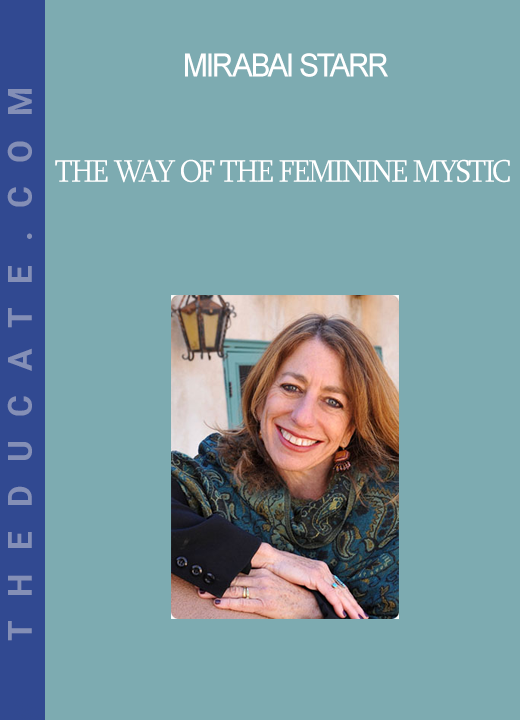

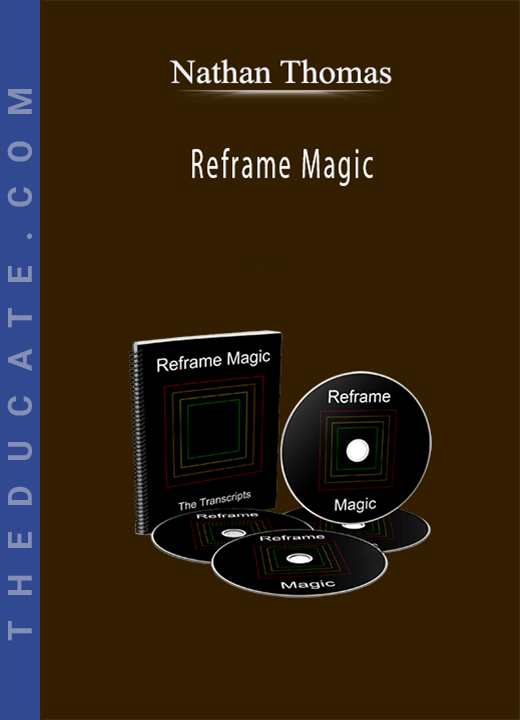
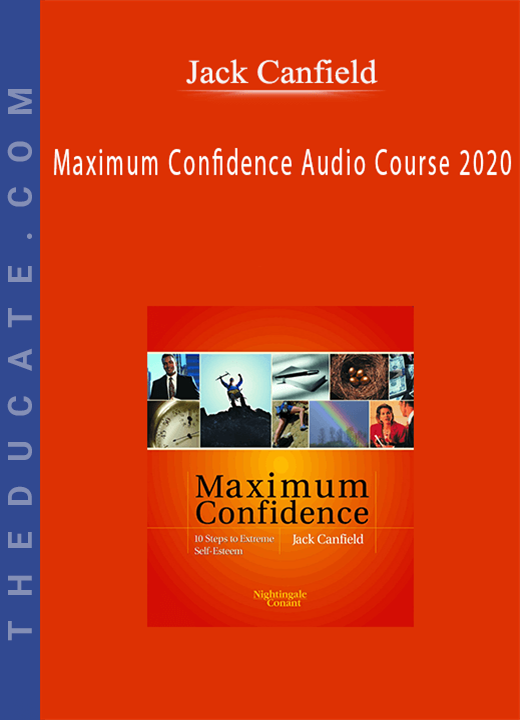
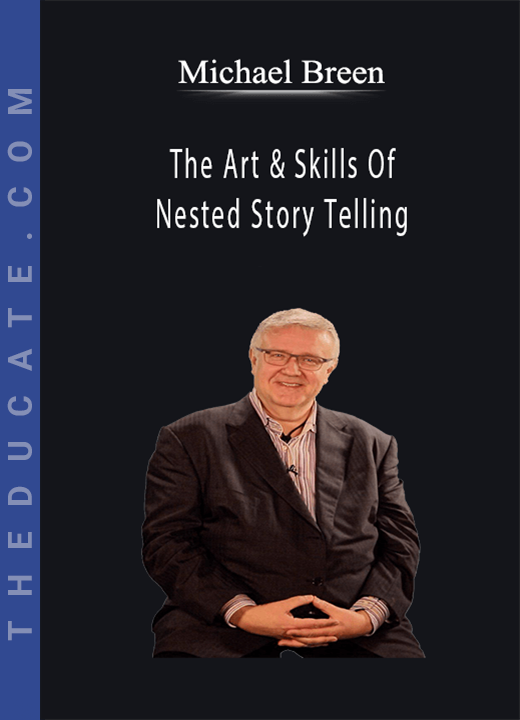
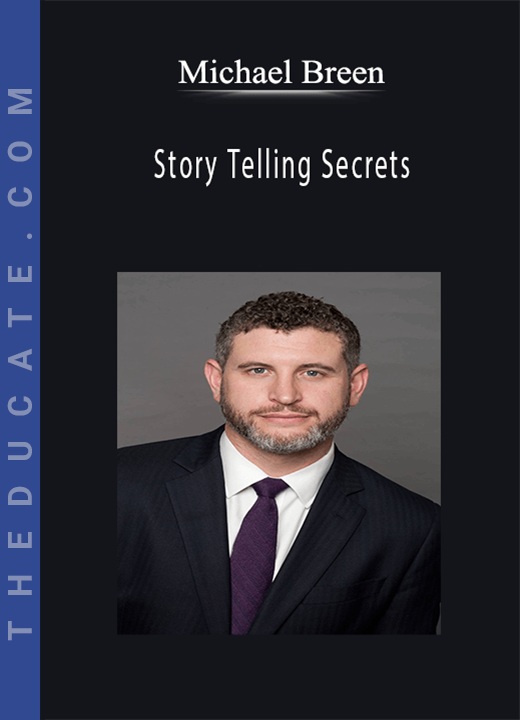
Reviews
There are no reviews yet.